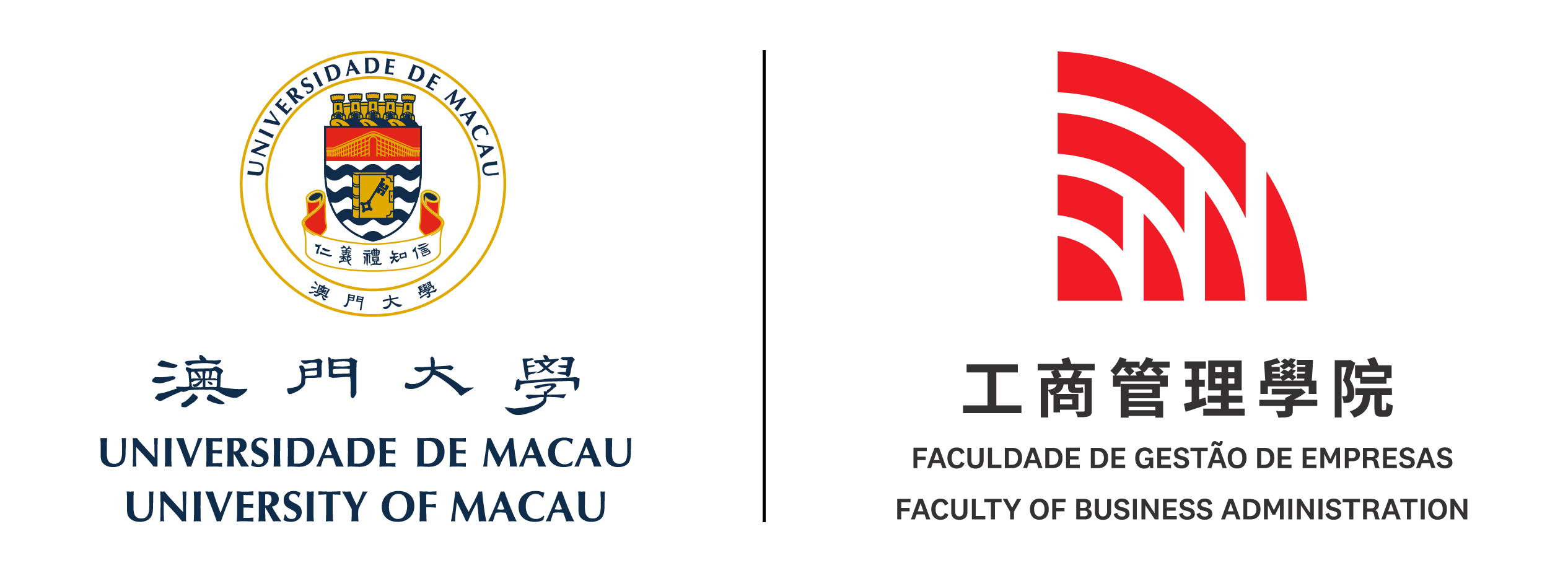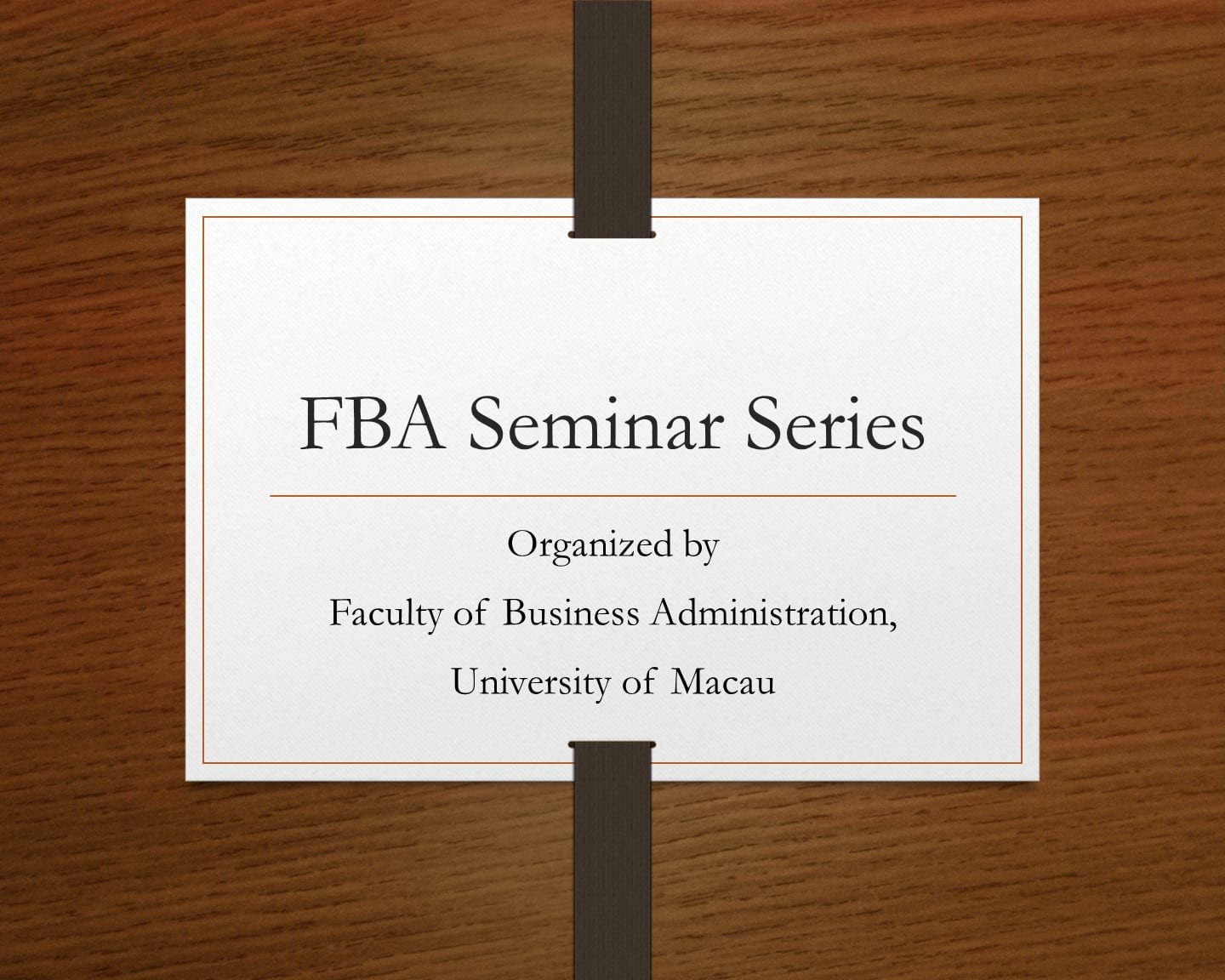Faculty of Business Administration
FBE
The currency composition of international reserves, demand for international reserves, and global safe assets
Professor Joshua Aizenman
Robert R. and Katheryn A. Dockson Chair in Economics and International Relations
University of Southern California, USA
Abstract
This paper examines determinants of the international reserves (IR) currency composition before and after the Global Financial Crisis (GFC). Applying the annual data of 58 countries, we confirm that countries that trade more with the US, euro zone, UK, and Japan, and issue more debt denominated in the big four currencies (US dollar, euro, pound, and yen) also hoard more IR in these currencies. We find scale effects in which countries tend to diversify from the big four as they increase their IR/GDP and that a growing shortage of global safe assets (GSA) induces countries to hold more big four currencies in IR. Countries hold less big four currencies as IR after the 2008 GFC, while they hold more of such currencies since the tapering of the Fed’s quantitative easing (QE). The 2008 GFC and QE tapering weakened and sometimes reversed the effect of several economic factors. We also find that TARGET2 balances matter for the currency composition in the euro zone; commodity-exporting countries tend to diversify their IR from the big four currencies when their terms of trade improve; and that the valuation effects induced by Euro/USD exchange rate changes diminish the significance of the GFC in explaining the currency composition of IR.
Date: 22 May 2019 (Wednesday)
Time: 09:45 – 11:15 am
Venue: E22-1067
Short Biography
Professor Aizenman’s research interests are in commercial and financial policies in the open economy, political economy, development and transition, exchange rate regimes, capital mobility, and macro policies. As one of the world’s leading economists in international finance and economics, he has published around 200 journal articles and book chapters and contributed actively to VoxEu Colums (Research-based policy analysis and commentary). Professor Aizenman is a co-editor, an associate editor, or an editorial board member for various mainstream journals in international economics. He also serves as a research associate at the National Bureau of Economic Research (NBER). He has ever provided consulting services for IMF (International Monetary Fund), IBRD (World Bank), IDB (Inter-American Development Bank), ADB (Asian Development Bank),San Francisco FED; SAFE (The State Administration of Foreign Exchange, China), and HKIMR (Hong Kong Institute for Monetary Research).


